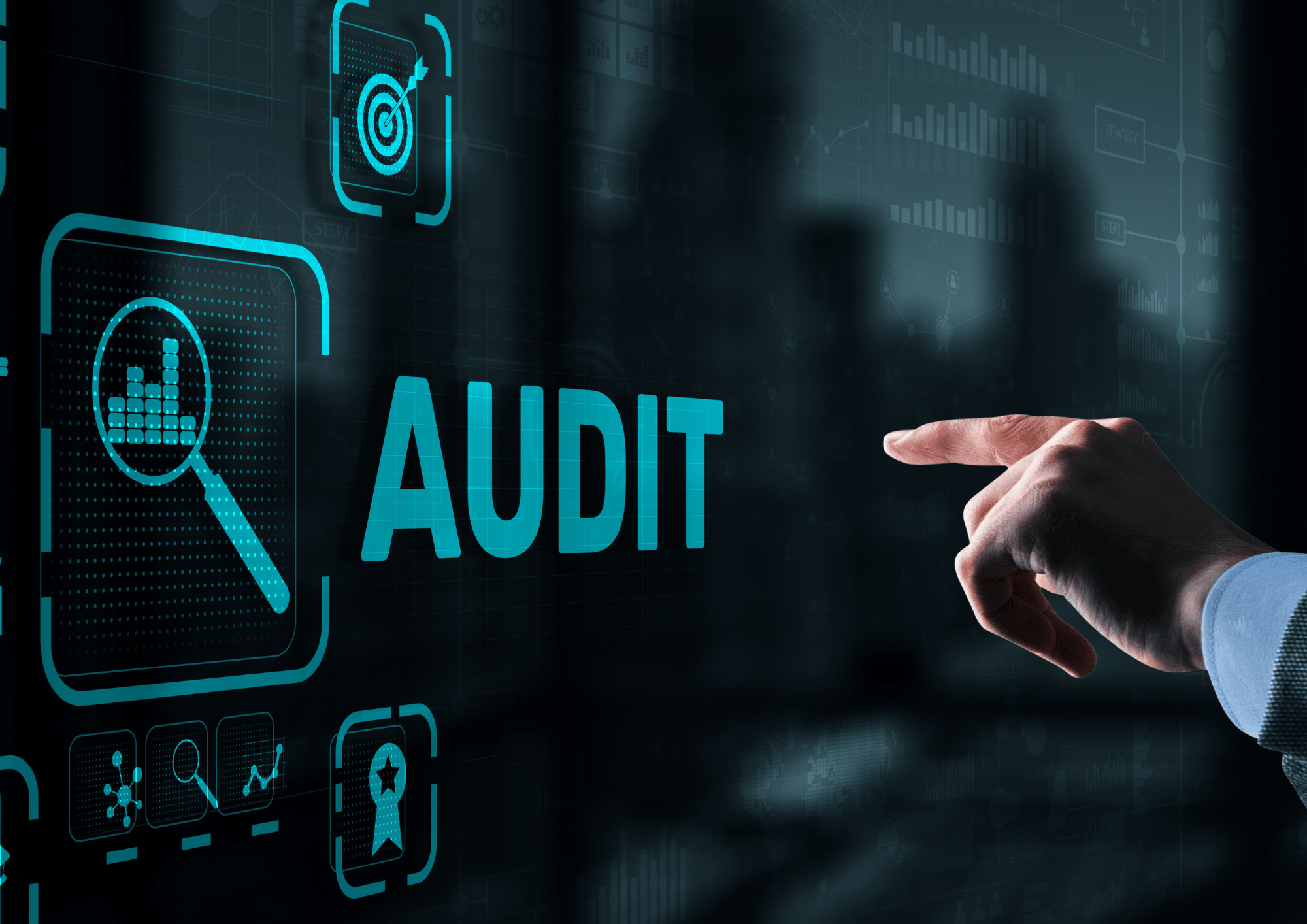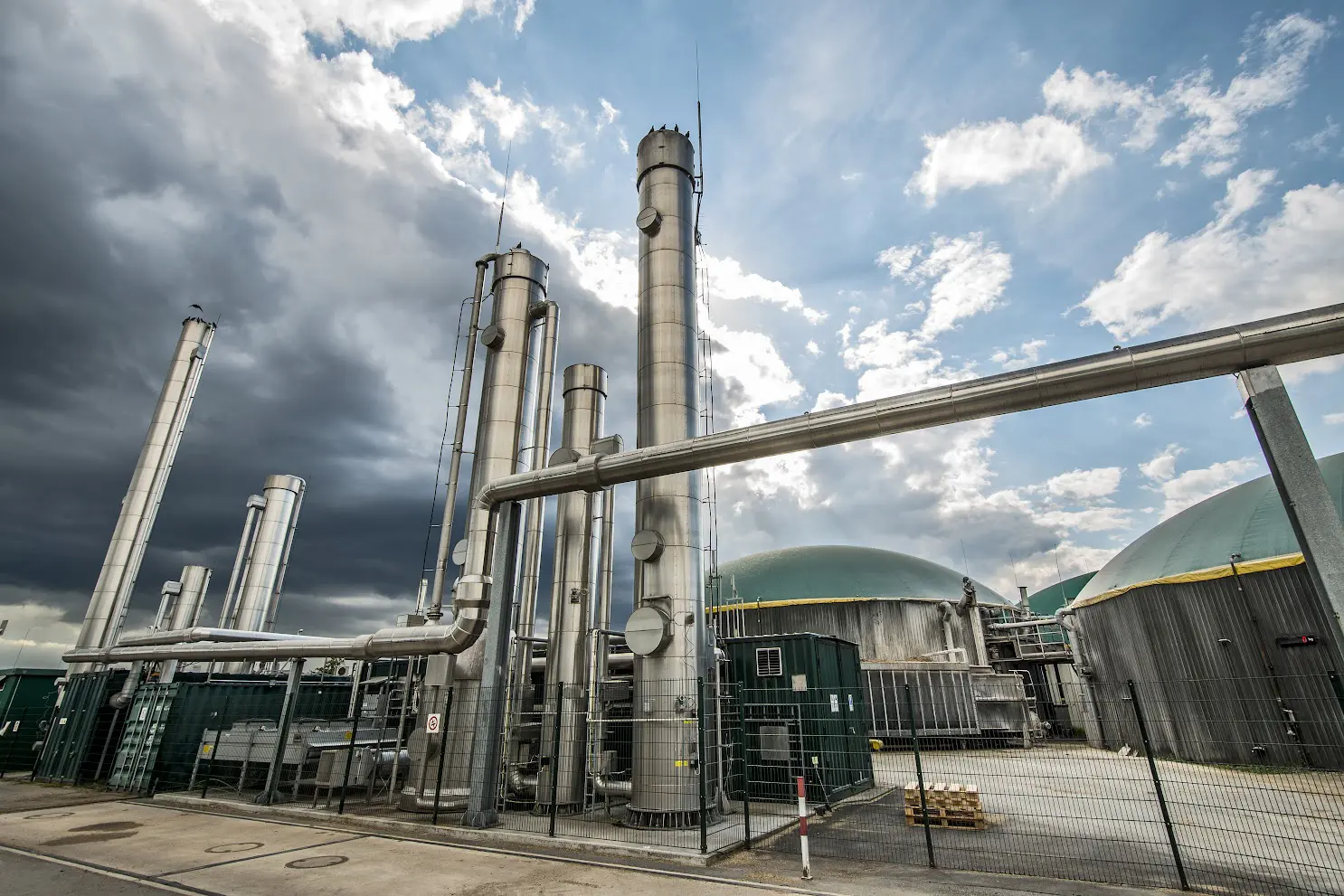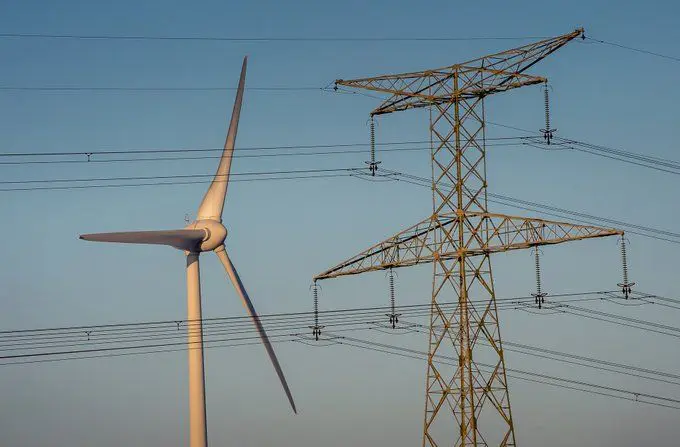Audit énergétique réglementaire : quelles obligations ? #2

The energy performance of buildings is a central focus of France’s ecological and energy transition strategy. This is why the Energy Code mandates that large companies conduct an energy audit. By identifying potential energy savings, companies can then implement an energy efficiency strategy for their operations. ADEME estimates that an energy audit can save professionals 20 to 30% on their energy bills. Focus on obligations and penalties.
What is the regulatory framework for regulatory energy audits?
The obligation to carry out an energy audit originates in the European directive on energy efficiency. The measure was transposed to French law by the so-called DDADUE Act of July 16, 2013. This law amended the Energy Code. The decree determining the terms and conditions of energy audits was published in late 2014.
In principle, an initial audit was to be carried out by the companies concerned when the law was published. It was then to be renewed every four years, with the third wave of compulsory audits scheduled for 2023.
Since December 5, 2015, companies must be able to provide proof at any time:
- That they have carried out an energy audit less than four years ago, covering at least 80% of energy bills.
- Or that they are ISO 50 001 certified for at least 80% of energy bills. In this case, the company is exempt from an audit.
The audit is the first significant step towards identifying energy losses and areas for improvement, and must lead to an action plan.
Which companies are concerned?
Companies that have met one of the following conditions for the last two financial years are under the obligation to carry out an energy audit:
- having more than 250 employees;
- filing revenue in excess of 50 million euros and a balance sheet in excess of 43 million euros.
Companies newly subject to the obligation must carry out an audit within six-months.
Although the obligation applies only to large companies, all businesses are encouraged to assess their energy consumption and undertake necessary renovations.
Who can perform an energy audit?
Mandatory energy audits must be carried out by an accredited service provider. These service providers are certified by an accredited organization (OPQIBI, LNE, AFNOR Certification, ICERT). An auditor internal to the client company may carry out the audit, provided he or she holds the same level of qualification and meets a number of impartiality conditions.
In all cases, the audit must be carried out in compliance with the following French standards: NF EN 16247-1 and the specific standards NF EN 16247-2 Buildings, NF EN 16247-3 Processes and NF EN 16247-4 Transport.
What exactly is an energy audit?
An energy audit consists of a thorough examination of a building to gather as much data as possible and compare it with other data. An action plan is then determined to improve the energy performance of the installations. An audit report summarizing all the information and recommendations must be produced. Finally, the full dossier must be submitted to a dedicated platform on the ADEME website.
The audit unfolds in 5 main stages:
- determining an audit perimeter;
- collecting energy data;
- detailed data analysis and identifying energy-saving potential;
- financial assessment of improvement options, considering cost, savings, and payback period, to effectively prioritize energy efficiency opportunities;
- drafting the audit report including an action plan.
What are the penalties for non-compliance?
Failure to comply with this regulatory obligation may result in penalties. A financial penalty can amount to up to 2% of revenue excluding VAT for the last financial year. In the event of a repeat offence, the penalty could be as high as 4%.
An energy audit: a step towards the Tertiary Sector Decree
An energy audit is also a first step towards compliance with the Tertiary Sector Decree or tertiary eco-energy scheme.




